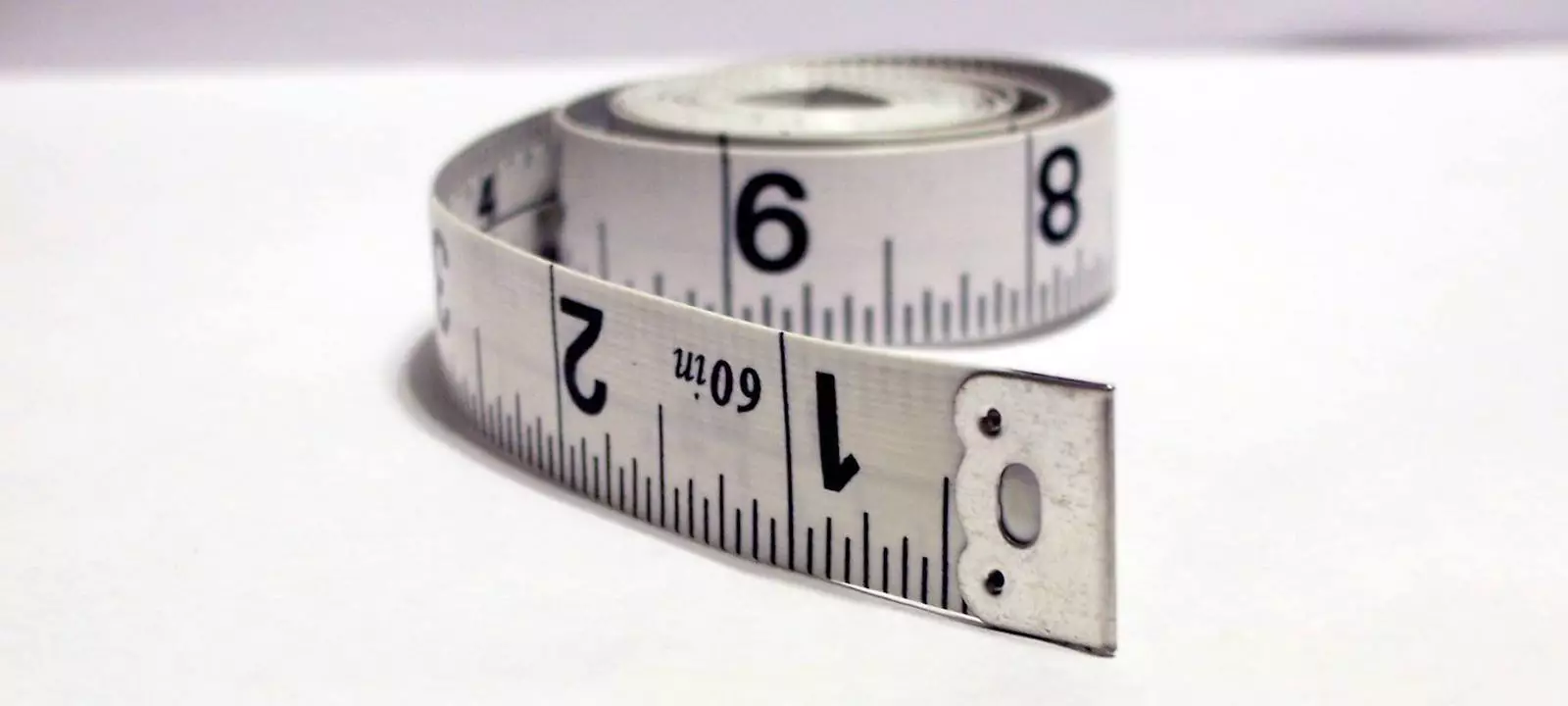This is a question that many people will be asking, especially post Christmas and NY party season. It can be an incredibly complicated or simple question depending on how you look at it. With this post I’m aiming to give you three points of view: 1. Science 2. Society & 3. Reality.
Science
1. Everyday there’s a new study highlighting the cause of your poor health and obesity. One moment it’s sugar, the next it’s fat, then food toxicity, the plastic in your water bottle, the chemicals in your curtains, you’re not getting enough exercise, you’re getting too much exercise, our GPs are giving the wrong advice, food labelling is poor, too much red meat, too much processed food and the list goes on and on… I don’t blame the studies for highlighting the potential “cause and effect” as these can be extremely useful but in a very minor number of cases. However, the sensationalisation by the media of these topics is undoubtedly sending the wrong message.
Society
2. We’ve all got that one friend…they know it all. They’ve done every diet under the sun and they know exactly what you should be doing. But they’re in worse shape than you, right? Don’t get me wrong, there’s nothing wrong with taking a friend’s advice – as long as it’s going to get you some sustainable results. However if your friends advice begins with “drink this three times per day…”, “wrap yourself in this for 20 minutes…” or “stand on this vibrating plate…” it’s likely your success will be extremely short lived.
Reality
3. You have an energy imbalance. You’re overeating or under-training – whichever way you look at it – and this is causing you to STORE FAT.
In some cases your metabolic rate (the amount of calories you use day in, day out) can be increased or reduced if you’re suffering from a metabolic dysfunction. Many people who are overweight (particularly women) say they suffer from metabolic dysfunctions such as under-active thyroids and reduced metabolic rates, labelling these as the cause of weight gain. However, the number of people who are actually suffering from such conditions is relatively low.
But one thing to note – just because you haven’t been labelled as having an under active thyroid or any other “low metabolism” related condition doesn’t actually mean your metabolism isn’t low. Overuse of cardio has been shown to reduce metabolical tissue (muscle) & extremes in calorie cutting have also been shown to reduce metabolically active tissue in the absence of weight training – in a nut shell to this your metabolic rate will reduce if you are consistently staying in a significant calorie deficit.
Another note – consistency is key with fat loss. Weight isn’t a fantastic indicator of whether you’re losing fat or not, however, it can be extremely helpful if used correctly. The body is continuously trying to maintain homeostasis so changes in weight aren’t always from fat loss or fat gain; water retention, nutrient uptake, mineral fluctuations all play a part in bodyweight. Therefore if your training and nutrition has been consistent but you wake up one morning and your a pound or so heavier please relax… You could combat this by using weigh ins as an average. Weigh yourself every morning over a week, take note, average the 7 days out then repeat.
Need more help? We have lots more free self help articles!

